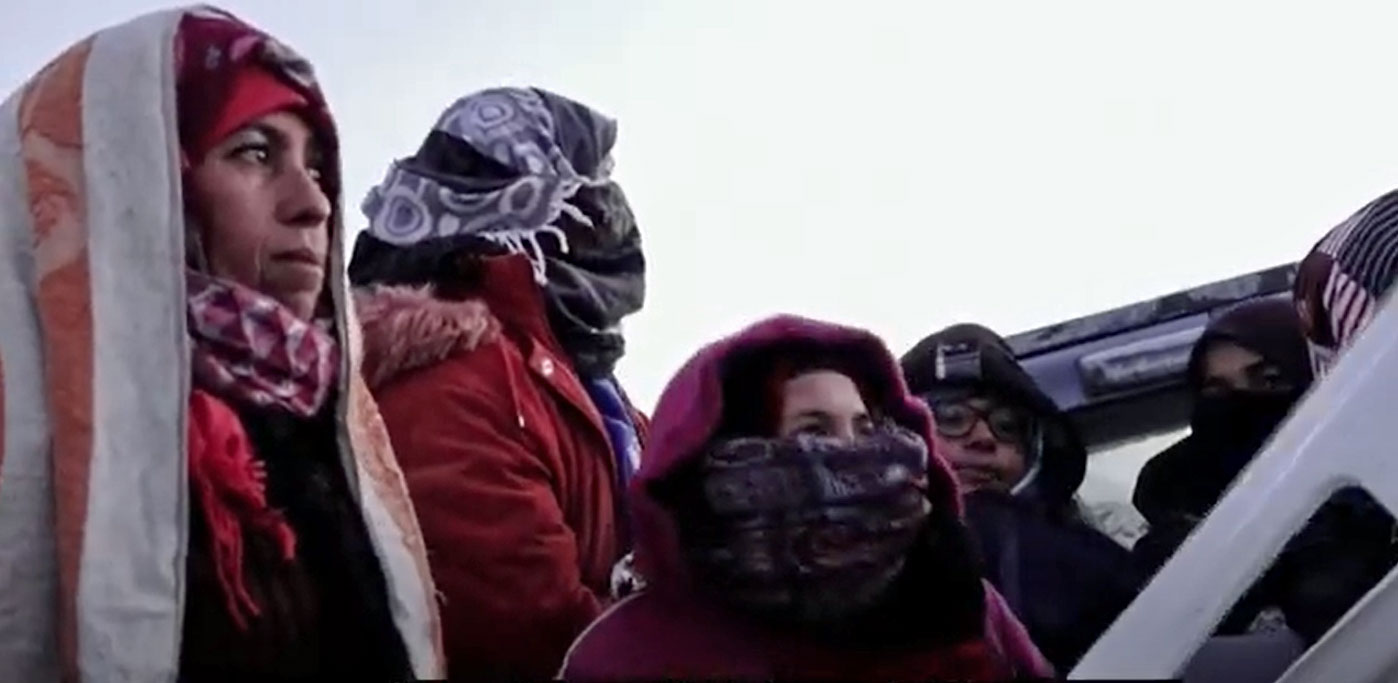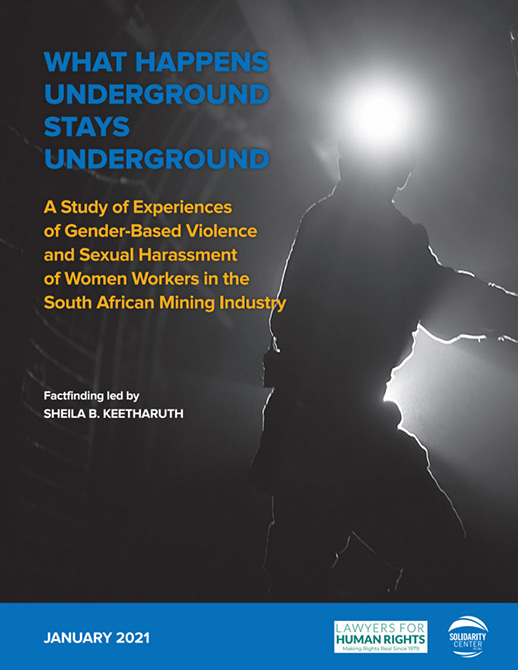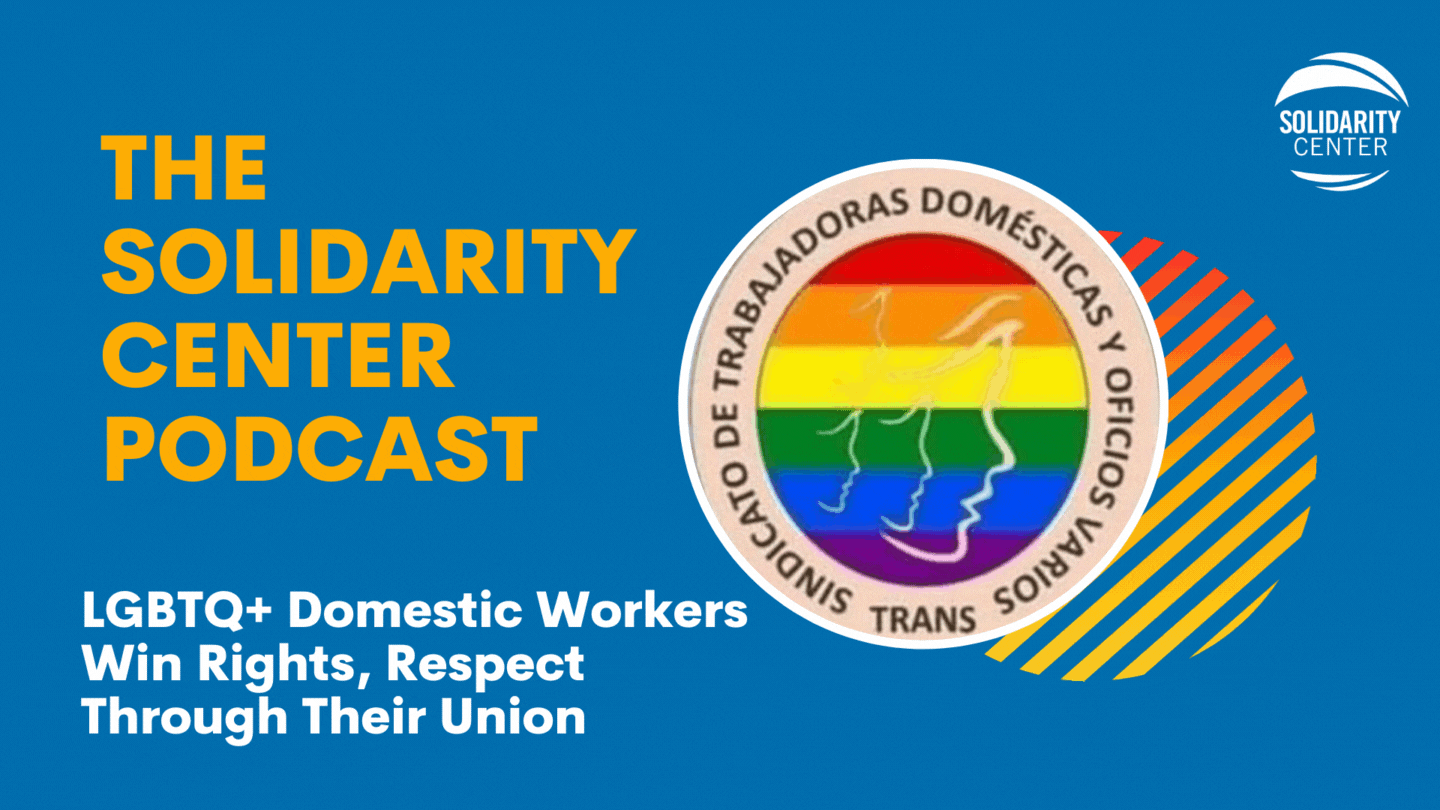While most consumers do not think twice when they select tomatoes, grapes or other readily available fresh produce in grocery stores, many of the agricultural workers around the world who spend their days harvesting vegetables, fruits and grains to fill the plates of...
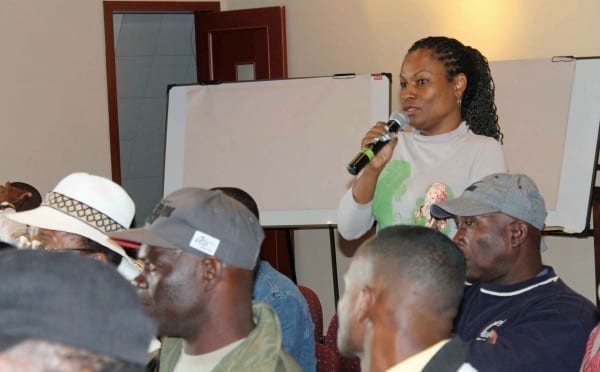
The Solidarity Center supported the development of the Afro-Colombian Labor Council, the first national organization in Colombia dedicated to improving the working conditions of Afro-descendants. Credit: Solidarity Center/Rhett Doumitt
The Solidarity Center engages with unions and their allies through an analysis and practice of equality, radical inclusion and intersectionality that is explicitly feminist, anti-racist, pro-equality, pro-worker, pro-migrant and class conscious.
The Solidarity Center designs and implements strategies to confront the multiple and intersecting forms of oppression that contribute to economic structures in which women and other groups of workers are devalued and excluded from economic and social equality. This requires a conscious effort to examine how oppressive forces play out throughout the global labor movement with a commitment to dismantle these systems. Explicit in this work is the understanding that the agency and leadership of the most marginalized workers are key components of decent work and economic justice for all.
The Solidarity Center has assisted unions and their allies in countries such as Cambodia, Colombia, Georgia, Honduras, Indonesia, Kyrgyzstan, Morocco, Nigeria, Nicaragua, South Africa and Tunisia to ensure meaningful participation of historically excluded and marginalized workers in unions and other democratic structures.
See related factsheets, videos and reports.
In Morocco, the Solidarity Center supported a multi-year effort to build women worker power and gender equality which led to the inclusion of women workers during negotiations for the first collective bargaining agreement in the informal agriculture sector. In Colombia, the Solidarity Center supported the development of the first national organization dedicated to improving the working conditions of Afro-Colombians.
In Kyrgyzstan, Morocco and Tunisia, Solidarity Center is assisting in strengthening union efforts to promote inclusion of individuals with disabilities. In Nicaragua, Solidarity Center supports domestic workers as they address inclusion of LGBTQI union members to ensure they can represent themselves, articulate their priorities and increase their leadership opportunities and visibility.
The Solidarity Center:
- Conducts research and awareness-raising to challenge systems of oppression and inform inclusive approaches to building worker power across social identities at all levels
- Supports representative, inclusive leadership in our partner organizations
- Engages in cross-movement work to combat tools of oppression that impact women, including gender-based violence and harassment at work
- Brings together unions and community groups to identify shared socioeconomic struggles, analyzes how those struggles are linked to systemic racism and implements organizing, legal and advocacy strategies to collectively overcome the oppression that entraps workers in poverty
- Advocates for economic policies that uproot systemic discrimination and exploitation in labor markets.
Report: Risks to Women Workers Pervasive in South African Mines
Women working in South African mines “at times confront danger, violence and indignity in their work environments,” where gender-based violence and harassment (GBVH) appears both widespread and normalized, according to a new report from the Solidarity Center and South...
Podcast: LGBTQ+ Domestic Workers Win Rights with Their Union
As a trans domestic worker from Nicaragua working in Guatemala, Francia Blanco says her experiences with verbal and physical abuse, discrimination, and forced labor conditions led her to take action to build a world where trans domestic workers had rights, respect and...
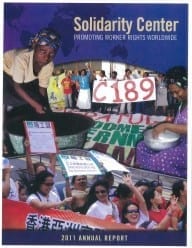
Solidarity Center 2011 Annual Report
Download here.

Solidarity Center 2010 Annual Report
Download here.
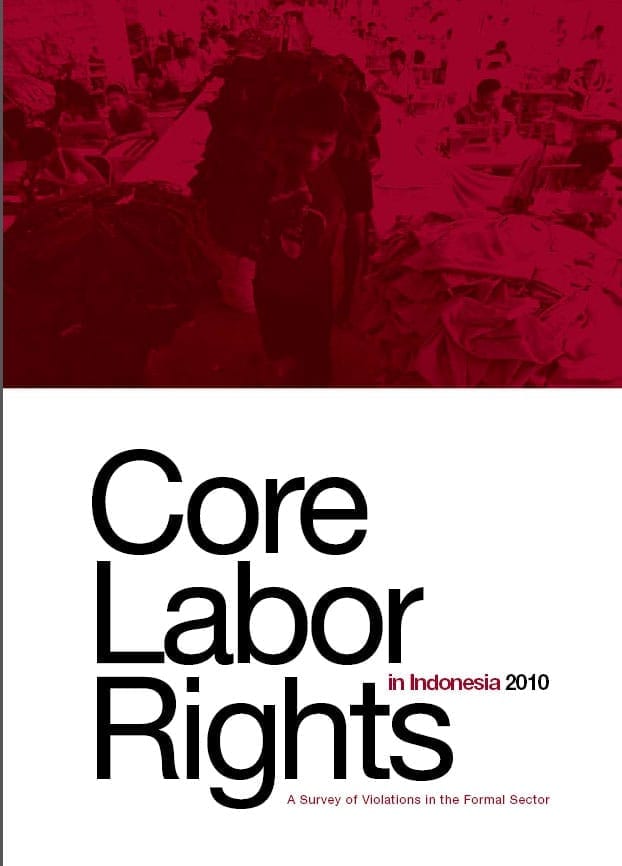
Core Labor Rights in Indonesia: A Survey of Violations in the Formal Sector (2010)
This survey of labor rights in Indonesia finds that although improvements have been made since the fall of the Suharto government, serious violations persist, including: discrimination against women in the workplace; anti-union discrimination by employers;...
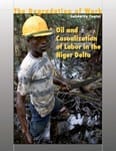
Degradation of Work: Oil and Casualization of Labor in the Niger Delta (2010)
This report explores how the degradation of work in the oil-rich Niger Delta jeopardizes the livelihoods and well-being of workers and their families and results in fewer opportunities for Nigerians to improve working and living conditions, especially in local...
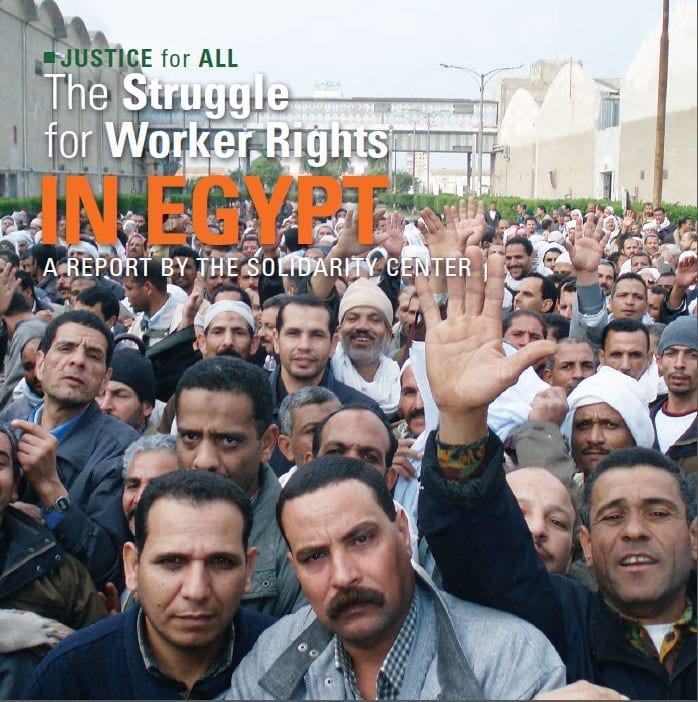
The Struggle for Worker Rights in Egypt (2010)
The situation for workers in Egypt in 2010 sadly bears all too much similarity to that conflict between Egyptian workers and their government so many centuries ago. Today’s Egyptian government maintains an iron grip on power, harshly punishes dissent and plays a...

Out of Sight, Out of Mind (2009)
This 2009 Solidarity Center study focuses on migrant men who have worked on Thai fishing boats out of the port of Mahachai in Samut Sakhon province, examining recruitment practices, working conditions and payment practices to assess the patterns and prevalence of...

